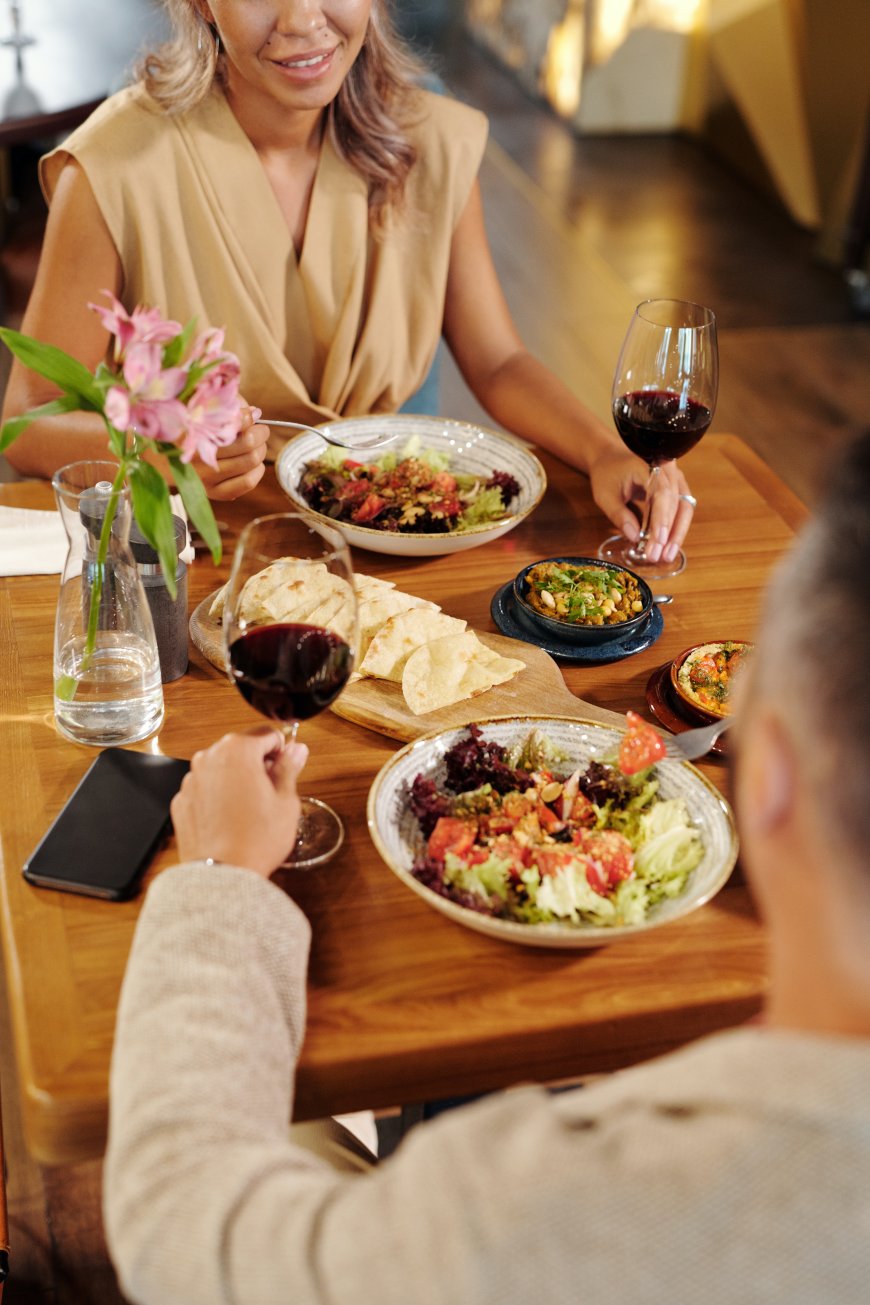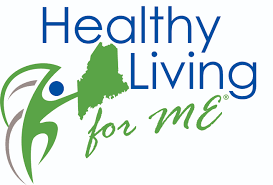Angiogenesis: Did you know that eating right starves cancer cells?

|
F |
ebruary fourth marked World Cancer Day. Cancer is the most dreaded of diseases killing people without boundaries, irrespective of race, economic status, education level, who you are, where you live or whom you know. Up to date, no single definitive cancer prevention tip is superior. But one thing for sure, the food that nourishes our bodies have the power to heal or destroy body cells. If today I was to tell you that food can help reduce your risk of cancer, would you believe me? Well, we can actually fight diseases with the foods we consume. I would like to share about anti-angiogenic foods and cancer prevention.
What are anti-angiogenic foods?
The term angiogenic is derived from Angiogenesis, which refers to the process through which new blood vessels are formed in the body. This process involves migration, growth and cell differentiation within the blood vessels. Anti-angiogenic foods contain compounds that inhibit the formation of new blood vessels, which is critical for developing and spreading cancer cells.
How can Angiogenesis promote cancer?
Angiogenesis plays a crucial role in the formation and progression of cancerous tumours. Tumours require a blood supply to provide oxygen and nutrients for their growth. Therefore, developing new blood vessels through Angiogenesis helps sustain their growth. When a tumour reaches a specific size, it can secrete certain angiogenic growth factors and cytokines, stimulating the formation of new blood vessels. This process creates a network of blood vessels that provides a continuous source of oxygen and nutrients to the growing cancerous tumour, allowing it to grow larger and become more invasive. Specific signalling pathways, including the VEGF (vascular endothelial growth factor) pathway, are often upregulated in cancer cells leading to increased Angiogenesis and tumour growth.
How can anti-angiogenic foods starve cancer cells?
Nutrition plays a crucial role in keeping our bodies healthy. It is no lie that our body's natural defence systems can be strengthened through the foods we consume. Anti-angiogenic foods are believed to have potential anti-cancer effects by reducing the tumour's ability to receive adequate nutrients and oxygen for growth. These foods have been shown to provide our bodies with a potent cancer inhibitor, inhibiting Angiogenesis by over 60%. Studies suggest that these foods may help prevent cancer by reducing the formation of new blood vessels, which can prevent the spread of cancerous cells and slow down tumour growth. Additionally, some of these foods contain antioxidants and other anti-inflammatory compounds that help to protect cells from damage and reduce oxidative stress, which has been linked to cancer development.
Which foods are termed anti-angiogenic?
Examples of anti-angiogenic foods are Green tea; berries, such as strawberries, blueberries, and blackberries; tomatoes and tomato-based products; red grapes and red wine; cruciferous vegetables, such as broccoli, cauliflower, and cabbage; Garlic and onions; dark chocolate, and spices such as Turmeric and Ginger. In our next article, we will discuss anti-angiogenic foods in depth.
Summary
Angiogenesis clearly explains to us that our bodies can actually heal themselves. The food we eat can actually stimulate or inhibit this process. What does this mean in essence? Our health outcomes are not predestined; the food we consume either makes us healthy or ill. Eating to defeat cancer can simply be done by adding a few cancer-fighting foods daily. Why not choose foods that can help reduce your risk of disease?








